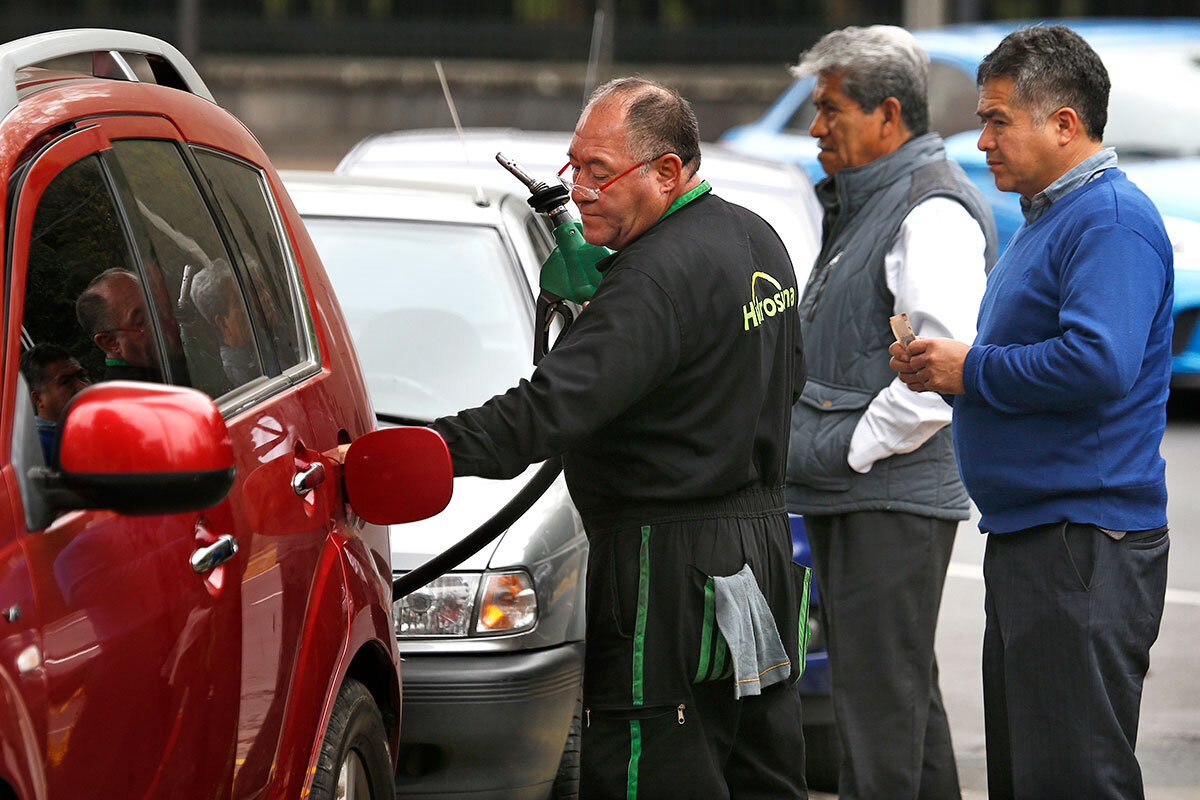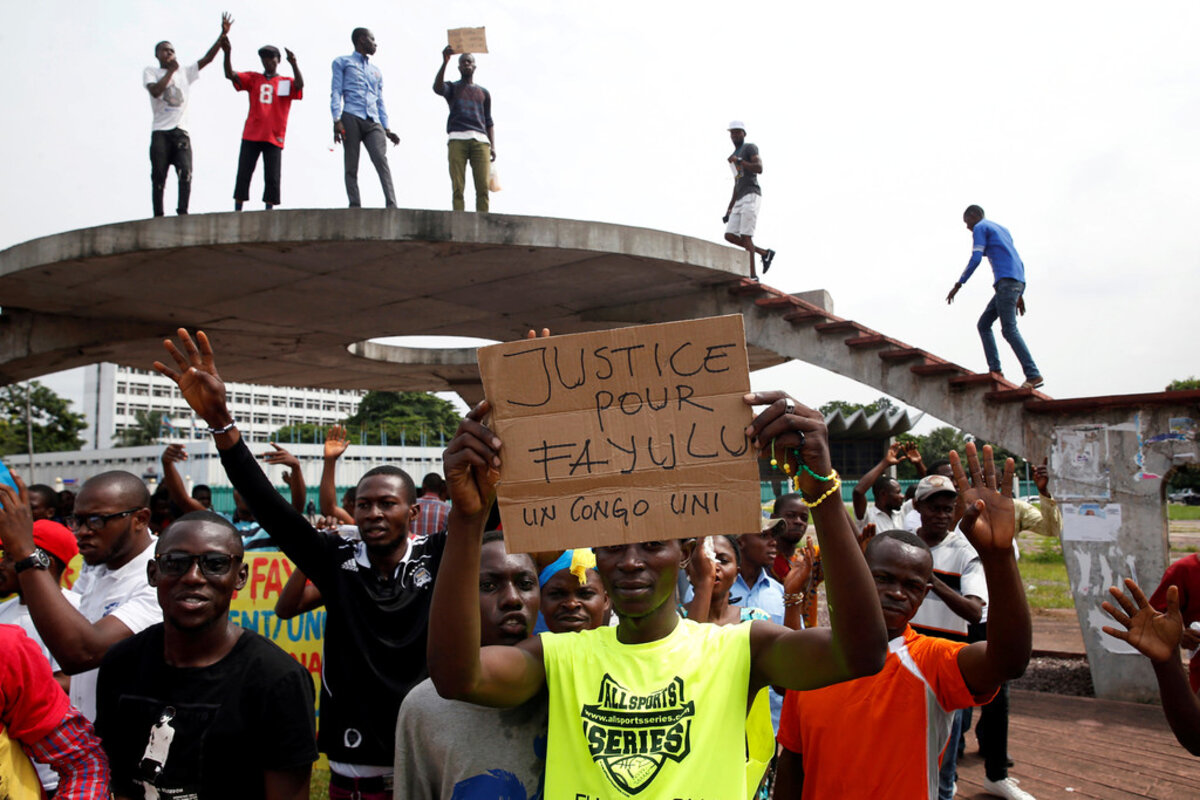Compelling people to work without pay is fast becoming more than a legal issue for the federal government. Viewed as a social compact, it raises serious ethical questions too.
Monitor Daily Podcast
- Follow us:
 Clayton Collins
Clayton Collins
Reading the releases of the organization Human Rights Watch is like scanning a police blotter of the world’s toughest neighborhoods.
Consider these from overnight: protests quashed in Sudan, asylum-seekers detained in Libya, garment workers’ rights again trampled in Pakistan.
It’s not as though you couldn’t also find small embers of optimism and amazement to fan this week – a week in which US leaders got coldly personal and punitive as federal workers languished (more on that in a minute).
There were feats of perseverance. A woman named Dhanya Sanal in India’s Kerala state that had been restricted, by custom, to men. British ultrarunner Jasmin Paris crushed a 268-mile course in the Scottish borderlands in about 83 hours, (and stopping to express breast milk).
Even more notable, perhaps: That dire drumbeat from Human Rights Watch also held a surprise burst of promise yesterday. Amid all the crises, the organization chose to cite as the year’s most important trend .
Yes, autocrats seek to impose the worst form of human hierarchy, using oppression to advance false forms of populism. But “[t]he same populists who spread hatred and intolerance are fueling a resistance that keeps winning battles,” said agency director Kenneth Roth. “Important battles are being won, re-energizing the global defense of human rights.”
Now to our five stories for your Friday, including ones from where the arts intersect with prison life and with Brexit politics.












